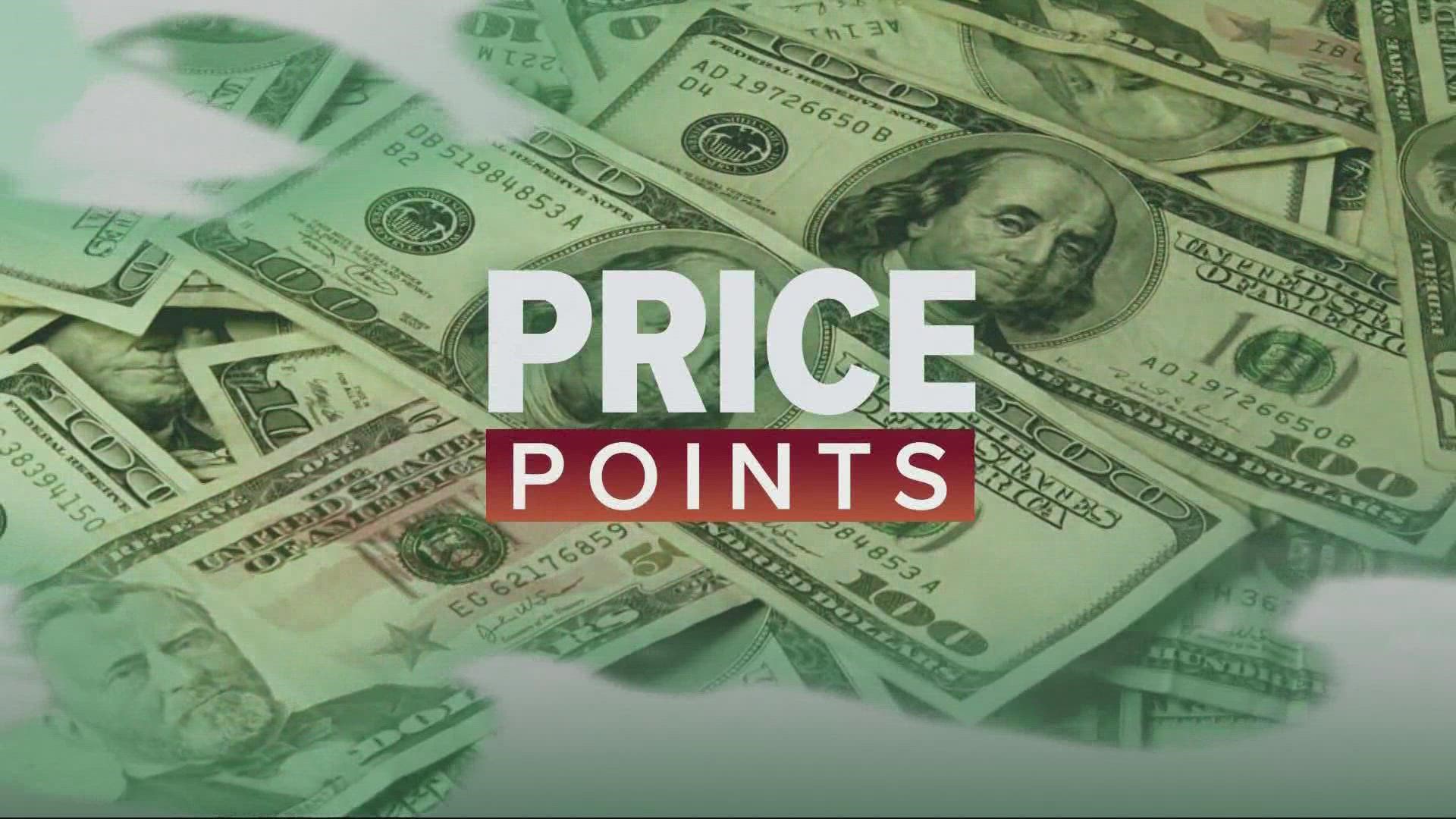SACRAMENTO, Calif. — There is a lot going on in October. Besides Halloween, middle-class inflation checks are supposed to hit bank accounts, and student loan info for debt relief is set to come out. Plus, the tax extension deadline is also coming up.
As many know, taxes are typically due on April 15, but the IRS pushed the deadline back in 2020 and 2021, to give taxpayers more time to file their income tax returns because of the pandemic. So if you were one of the 19 million Americans who requested an extension on your 2021 tax return, you do have until Oct. 17, 2022, to make sure that that is filed.
ABC10's To the Point host, Alex Bell, spoke with John Schultz, a CPA and also the chair of the California Society of CPAs to chat about what people need to do to prepare for the tax extension deadline.
Q&A with John Schultz
Alex Bell: I want to go ahead and bring in John Schultz, a CPA and also the chair of the California Society of CPAs because John, the IRS is really encouraging taxpayers who requested an extension to file their tax returns electronically to make sure they get in as soon as possible, avoiding, you know, the last minute rush ahead of October 17. But, John, what are some of the biggest tax filing problems for people who did take that extension? That is due on the 17th now.
John Schultz: I think one of the biggest problems, Alex, is still gathering the information in that data. Luckily, a lot of the other deadlines for other companies are well before this time, so the information is there and readily available. But it's making sure that you have everything in hand when you walk into someone's office or you send that packet of information to them. A perfect example I've gotten, you know, clients sent me what they believe to have been everything, and I send back a list of two or three more items that I need. So making sure it's as thorough as possible of a packet when you're meeting with that individual or getting ready to prepare your taxes allows for you to make sure it gets done efficiently and just in the least amount of time possible so you don't have any hiccups in terms of the filing.
Alex Bell: What do people need to finalize their taxes?
John Schultz: Any and all tax data, I mean, anything that you've received in terms of, if you have any investments that you have, you're gonna get a K-1 on, which would be from a partnership or other type of entity, anything from 1099 that you've received from any accounts that you hold. If you've taken out any retirement monies, people, a lot of people had to do that during the pandemic and any issues with that, make sure you have that 1099r in hand because we're going to need that. All of your W2 information, anything regarding all of your expenses you may have had for the year regarding anything that involves taxes, gather up all the information that you would have had from last year as well. The perfect example I tell people is to look at the information I asked for last year, or just to look over at your overall return and say what did I prepare to get rid of together for last year as well and gather all of that information at one time.
Alex Bell: And can you also talk about the IRS late filing penalty and also a late payment tax penalty?
John Schultz: So normally, the late filing penalty isn't charged until after the final filing deadline, which is October 17, as you previously stated. So you're good to go without the late filing penalty, but the IRS requires you to make a payment of your balance due by April 15. No matter what that's a hard and fast deadline with them. There are small exceptions to the penalty if you are not able to make that payment on time, disaster relief, and other issues like that, but otherwise, the IRS charges a fairly hefty penalty for not paying your taxes by April 15. So if you are filing right now, let's say you file tomorrow and you've got a balance due of $5,000. There will be penalties and interest added to that unless you have that exception to the rules, which are very few and far between. The IRS likes to make sure they have that money on that deadline.
Alex Bell: All right, John, thank you for the insight. We appreciate it.



















